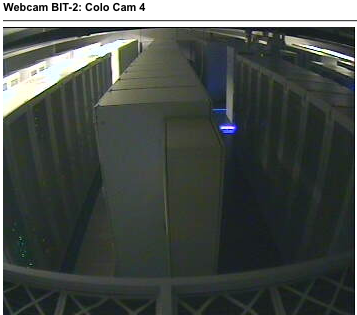The LISA, Large Installation System Administrators conference, will be interesting in particular on thursday between 11:00AM and 12:30PM as the CAcert auditor, Ian Grigg, will do his ´Invited talk´ about auditing a community driven Certificate Authority on this conference.
Ian will talk about how CAcert as a lightweight community Certificate Authority (“CA”) engage in the heavyweight world of PKI and secure browsing. With the introduction of Public Key Infrastructure, the Internet security framework rapidly became too complex for individuals and small groups to deal with, and the audit stepped into the gulf to provide a kinder face, in the form of a simple opinion or judgment call.
He will speak in detail about the systems audit of CAcert, as a case study in auditing versus the open Internet, community versus professionalism, quality versus enthusiasm and will look at how CAcert found itself at this point. Also he addresses some big-ticket items, such as risks, assurance, disputes, privacy, and security.
The CAcert Assurer Rudi van Drunen, and many others will organize a Birds of Feather assurance party for doing assurances and pgp signing. As such increasing the Web of Trust.


